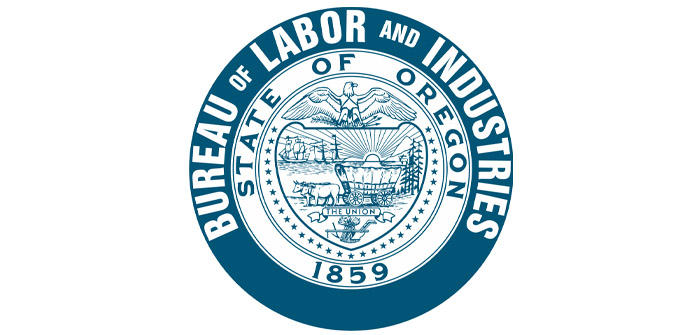On August 9, the Bureau of Labor and Industries (BOLI) released its 2025 Agency Requested Budget (ARB), emphasizing the critical need for full legislative funding to address severe backlogs and significant enforcement challenges. BOLI’s message is clear: the robust pro-worker laws passed by the Oregon Legislature to protect Oregonians are at risk of becoming meaningless if the agency tasked with enforcing them is not adequately funded.
BOLI is facing an unprecedented surge in claims. Over the past decade, the number of complaints has increased dramatically. In the Wage and Hour Division alone, the part of the agency tasked with enforcing minimum wage and child labor protections, the Bureau has experienced an increase of 208% since 2020. These astronomic increases in claims fall on the heels of 30-years of systemic under-investment in the agency hampering its ability to effectively respond to the needs of Oregon workers. A recent analysis by the Workplace Justice Lab at Rutgers University found that Oregonians lost an estimated $283 to $405 million in just minimum wage violations. Minimum wage violations are a small fraction of the claims the Bureau receives each year, so the true loss to Oregonians is likely many times higher.
To mitigate these challenges, BOLI has implemented a number of measures such as triaging cases, prioritizing high-impact enforcement actions, and expanding employer education initiatives. These efforts have maximized our limited resources, but they are insufficient to fully address the overwhelming backlog and ensure accurate and timely enforcement of labor laws.
The inability to enforce labor laws effectively means that unlawful practices can continue unchecked, undermining the legislature’s hard work in passing labor protections and allowing bad actors to have a competitive advantage in Oregon.
Key Budget Requests:
- Case Management System Phase 2: $2,240,612
- To replace its end-of-life case management system, which will improve operational efficiency and reduce the backlog of cases by streamlining case intake, assignment, tracking, and resolution processes.
- BOLI Modernization: $8,151,249
- To strategically enhance staffing levels by allocating funding for new positions and realigning current positions with the work required of them.
- CRD Sustainability: $3,284,024
- To hire additional intake staff and investigators, reducing the backlog, improving response times, and ensuring civil rights complaints are investigated thoroughly and promptly.
- WHD Sustainability: $2,644,340
- To hire new managerial positions to oversee operations and a joint customer service center with CRD to improve communication efficiency and allow investigators to focus on case resolution.
- Operations Sustainability: $1,329,655
- To invest in critical operations positions to grow the agency’s HR capacity, update technological infrastructure, and ensure compliance with ADA requirements.
Without adequate funding, BOLI will be forced to dismiss hundreds, if not thousands, of cases due to capacity constraints, leaving workers without recourse and allowing repeat offenders who make wage theft their business model to operate with impunity. For many Oregonians, BOLI is the only avenue for justice when their rights are violated. Whether it’s a worker who has been discriminated against because of their race, a parent denied their rightful wages while trying to support their family, or an employee retaliated against for speaking out, these individuals rely on BOLI to enforce the laws that protect them.
“Every law passed to protect workers is only as strong as the agency that enforces it,” said BOLI Commissioner Christina Stephenson. “Without adequate funding, the very laws designed to ensure fair treatment and safe working conditions for Oregon workers become hollow promises.”
The Agency Request Budget represents a 30% increase of the Bureau’s current service level. Thirty years ago, the Bureau had one employee working on behalf of 5,750 workers in Oregon. In the last biennium, that number jumped to nearly 20,000 workers per employee due to staff reductions and the growth of Oregon’s workforce. If funded by the Legislature, this package would bring BOLI’s staffing levels closer to the capacity it had in the 1980s, reducing the ratio to about 9,490 workers per Bureau employee.
For more information, please refer to the full 2025 Agency Request Budget.
For a copy of the report titled “Informing Strategic Enforcement Practices: Claims and Compliance with Oregon’s Minimum Wage,” please contact Rachel Mann at rachel.mann@boli.oregon.gov.
Full Citation:
“Barnes, J., Round, J., Fine, J., & Galvin, D. J. (2024). Informing Strategic Enforcement Practices: Claims and Compliance with Oregon’s Minimum Wage [PDF]. Workplace Justice Lab, Rutgers University. Unpublished report.”
Led by Labor Commissioner Christina Stephenson, the Bureau of Labor and Industries protects employment rights, advances employment opportunities, and protects access to housing and public accommodations free from discrimination for all Oregonians. If you believe you have been denied your rights at work or in public spaces, you can file a complaint online.





